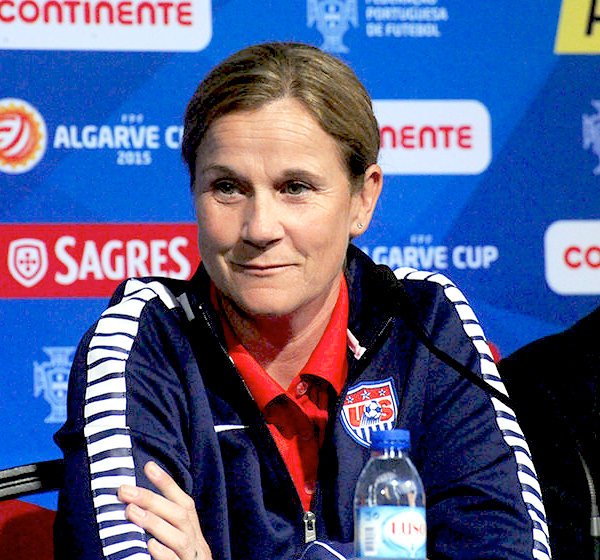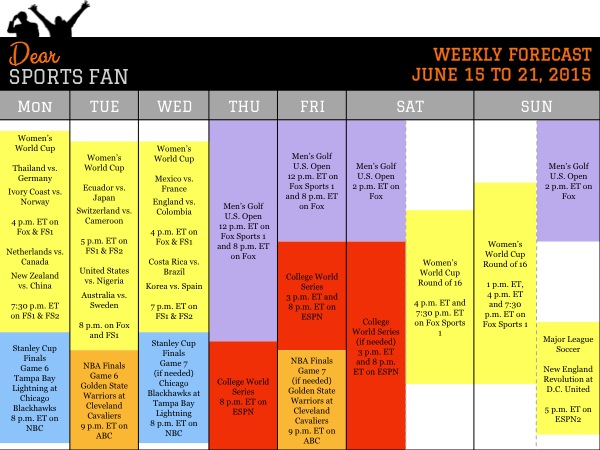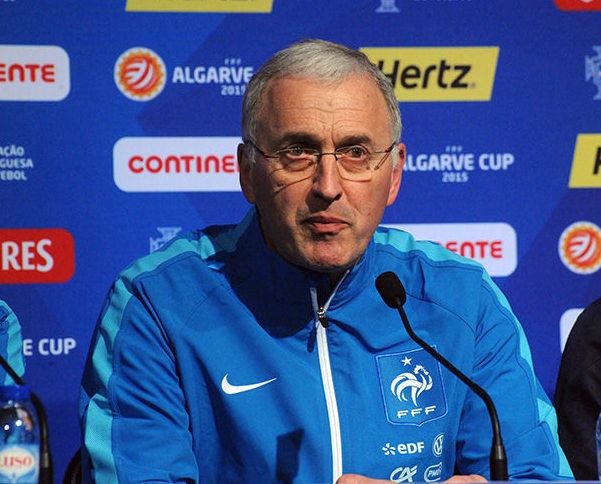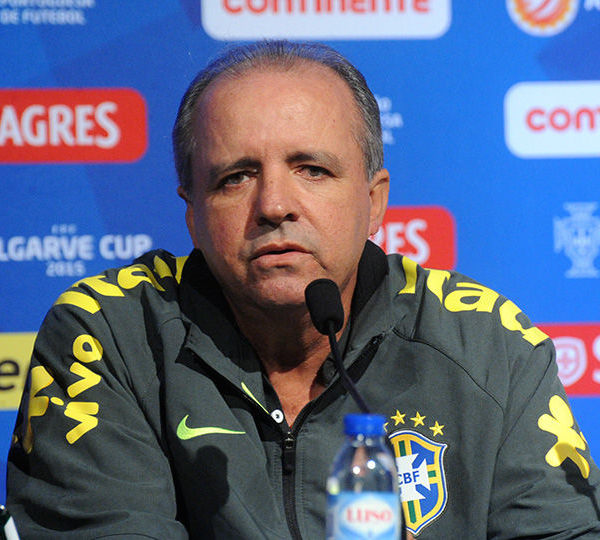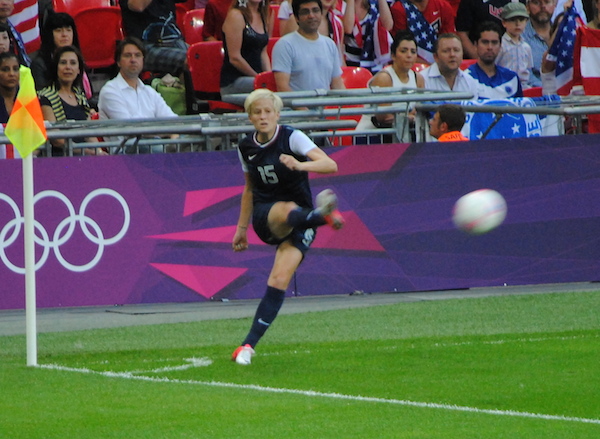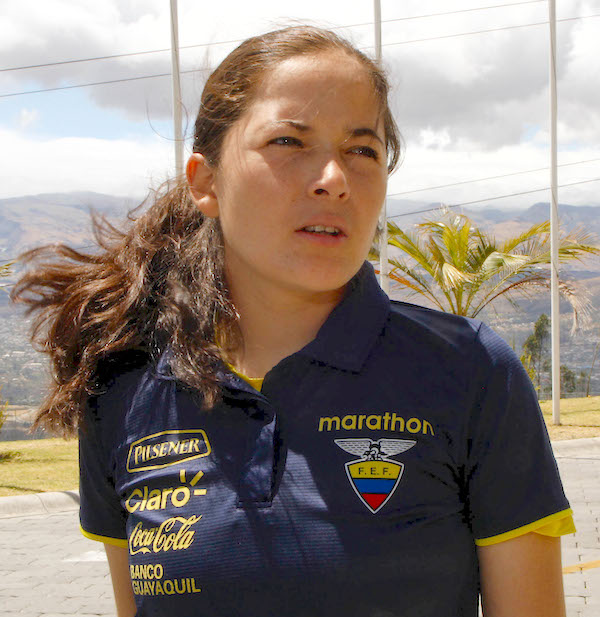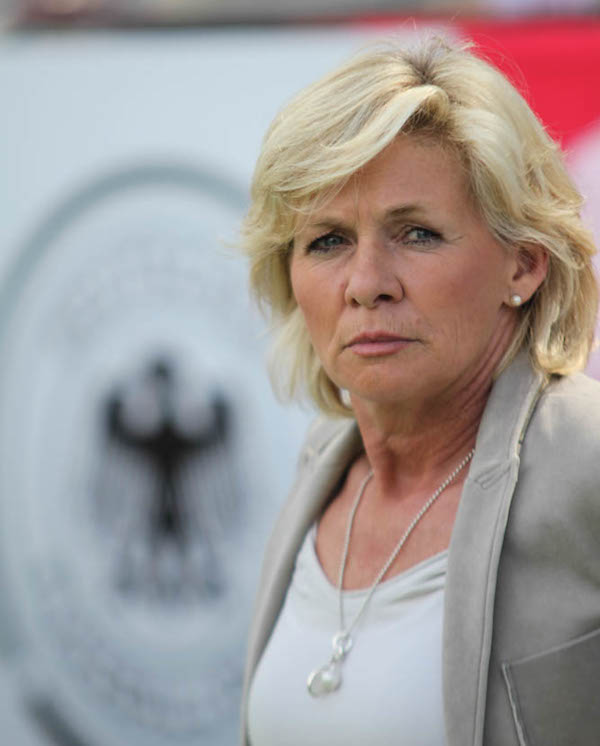If you are a sports fan or if you live with a sports fan then your weekly schedule becomes inextricably linked with what sporting events are on at what times during each week. The conflict between missing a sporting event for a poorly committed to social event and missing an appealing social event to watch a game is an important balancing act in any kind of romantic, familial, or business relationship between a sports fan and a non-sports fan. To help facilitate this complicated advanced mathematics, Dear Sports Fan has put together a table showing the most important sporting events of the upcoming week. Print it out, put it on your fridge, and go through it with your scheduling partner.
Download a full-size copy here.
Monday: The United States women’s national soccer team plays its first elimination game of the World Cup against Colombia. That’s a big deal. Only an hour later, the men’s college World Series begins and it’s a rematch of last year’s series between Virginia and Vanderbilt. That’s a big deal too. Women’s soccer and college baseball may be slightly more fringe than last week’s NBA and NHL finals but if you’re a fan of either or if you live with a fan of either, tonight is going to be a sports-heavy night.
Tuesday: Why is the soccer game so late? I’ve noticed that the World Cup times have been conveniently convenient for television viewing in home countries. 10 p.m. ET is 7 p.m in Vancouver and 11 a.m. the next day in Japan. Oh, sure, it’s 4 a.m. in the Netherlands, and that’s not so good, but Japan is the defending champions and if we were going to modify things for either country’s home audience, it would be there’s. For sports fans, it’s somewhat convenient because the late start takes the soccer game pretty much out of conflict with Game Two of the men’s college World Series.
Wednesday: On a relatively sports-light week, Wednesday could be the lightest day. If either Virginia or Vanderbilt wins both of the first two games of the men’s college World Series, then there won’t be a need for Game Three tonight and we’ll have a pretty much sports-free day. If you’re in the Boston area, join the Dear Sports Fan Viewing Parties meetup group. We’ll be in Central Square, watching the Boston Red Sox play the Baltimore Orioles. Baseball!
Thursday: The NBA draft is not actually a game but it is a sporting event in the truest sense. Basketball fans of all 30 NBA teams will want to pay attention. These days though, that can just mean a quick look at a cell-phone under the table or in the bathroom. It’s safe to go out for dinner.
Friday: Date night! There’s good news and there’s bad news. The bad news for the prospects of a date is that there’s Women’s World Cup quarterfinal action from 4 p.m. ET to around 9:30 p.m. ET. The good news is that this should be the best day of the World Cup. France vs. Germany could/should be a finals matchup and although it’s something of a shame that they are meeting so early in the tournament, that doesn’t change how intense and skilled their game will be. The intensity of the later game will depend on who faces China. If it’s the United States, it may become the most watched U.S. women’s national team game to date. It would be a rematch of the 1999 World Cup championship game which famously ended in a shootout with the United States winning. If it’s Colombia, a big swatch of the viewership will be disappointed, including me.
Saturday: Two quarterfinals matches in the women’s World Cup, just like yesterday, but this side of the bracket is decidedly the undercard. It’s easy to think that whichever of the four teams that eventually comes out of Friday’s two games should have an easy time in the championship game with whichever team comes out of these two games. Still, as they say, “there’s a reason they play the games.” Anything can happen and it usually does.
Sunday: This is honestly not a bad Sunday to go for a day-trip. We do have the usual Sunday suspects: golf, NASCAR, and soccer, but none of it is can’t miss TV.
Caveat — This forecast is optimized for the general sports fan, not a particular sports fan. As such, your mileage may vary. For instance, you or the sports fan in your life is a fan of a particular team, then a regular season MLB baseball game or MLS soccer game may be more important on a particular day than anything on the forecast above. Use the calendar as a way to facilitate conversation about scheduling, not as the last word on when there are sports to watch.

